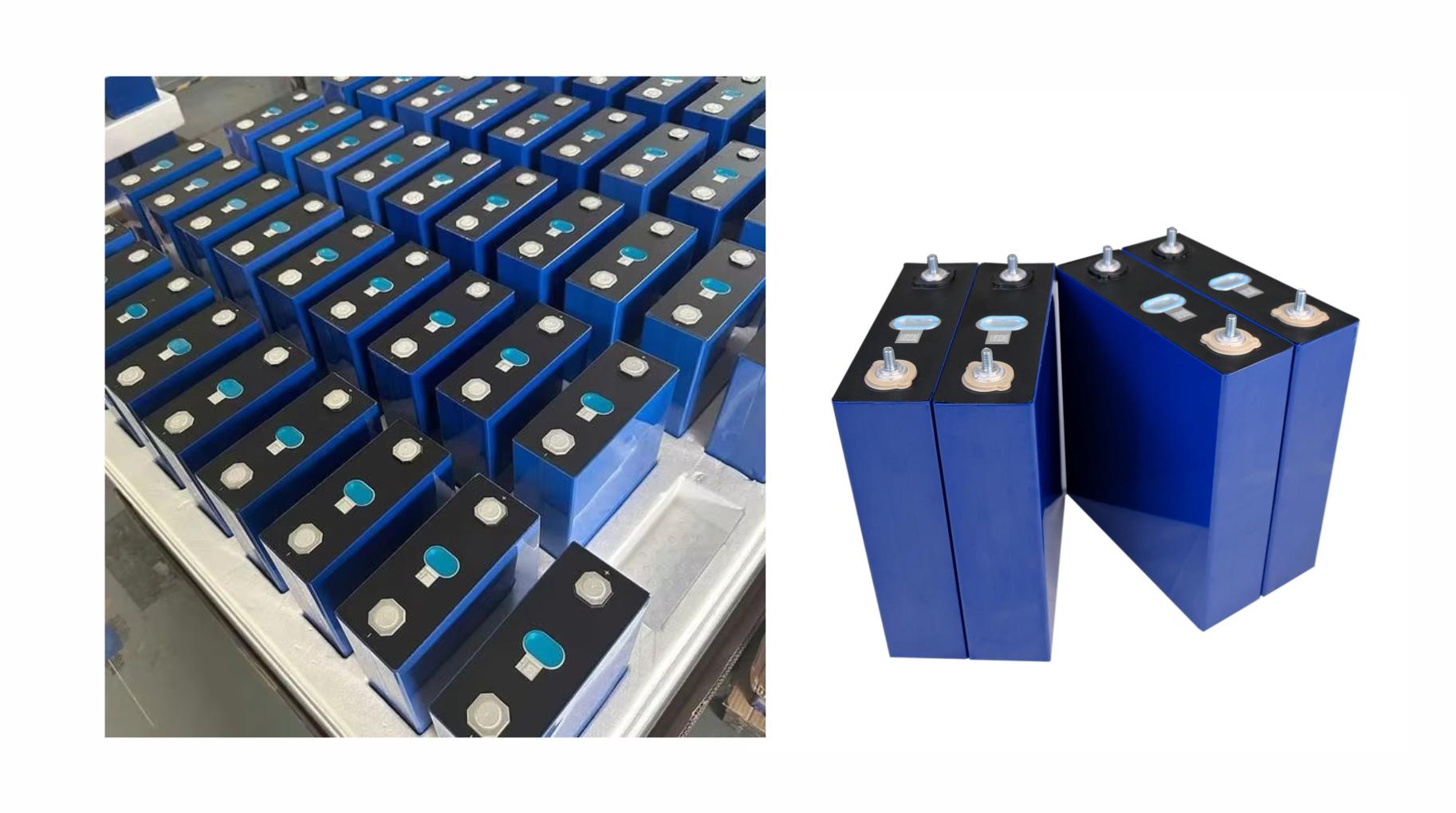
Will LiFePO4 Catch Fire? A Comprehensive Examination
LiFePO4 (Lithium Iron Phosphate) batteries are widely regarded as one of the safest lithium-ion chemistries, offering exceptional thermal and chemical stability that greatly reduces fire risks. However, like any battery technology, safe use and quality manufacturing are essential to prevent incidents.
What Is LiFePO4 and How Is It Different From Other Lithium-Ion Batteries?
LiFePO4 is a lithium-ion battery chemistry known for its iron phosphate cathode material. Unlike traditional lithium cobalt oxide batteries, LiFePO4 cells have a more stable crystal structure, lower internal resistance, and improved thermal stability, making them less prone to overheating and thermal runaway.
How Does LiFePO4 Chemistry Reduce Fire Risk?
The iron phosphate cathode in LiFePO4 batteries has a higher oxygen stability and a stronger chemical bond, which means it is much less likely to release oxygen during overheating. This reduces the risk of combustion compared to other lithium chemistries where oxygen release can fuel fires.
Can LiFePO4 Batteries Experience Thermal Runaway?
Thermal runaway is a chain reaction causing rapid temperature rise and potential fire. LiFePO4 cells are far less susceptible to this because of their stable chemistry and robust internal structure, but improper charging, physical damage, or manufacturing defects can still trigger failure.
What Safety Mechanisms Are Built Into LiFePO4 Batteries?
LiFePO4 batteries feature built-in Battery Management Systems (BMS) that monitor voltage, temperature, current, and protect against overcharge, over-discharge, and short circuits, reducing risks of thermal runaway or fire.
LiFePO4 batteries often include:
- Battery Management Systems (BMS) for overcharge, over-discharge, and temperature control
- Robust separators preventing short circuits
- Pressure release valves and casing designs to mitigate risks
These layers of protection further minimize fire hazards.
How Does Manufacturing Quality Affect LiFePO4 Safety?
High manufacturing standards, like those at Fasta Power, ensure strict control over cell purity, assembly, and quality testing. Low-quality cells lacking proper oversight may pose higher risks despite LiFePO4’s inherent safety advantages.
When Are LiFePO4 Batteries Most Vulnerable to Fire?
LiFePO4 batteries are most vulnerable during severe overcharging, physical damage, or manufacturing defects. Although rare, fires can occur if BMS protection fails or cells are exposed to extreme heat.
Risks increase during:
- Physical damage or crushing
- Exposure to extreme temperatures beyond design limits
- Use of incompatible or faulty chargers
- Poor maintenance or improper storage
Adhering to manufacturer guidelines significantly lowers risks.
Where Are LiFePO4 Batteries Safest to Use?
LiFePO4 batteries are ideal for applications demanding safety and stability, including golf carts, renewable energy storage, electric vehicles, and marine use. Their enhanced safety profile allows safer operation in these demanding environments.
Why Are LiFePO4 Batteries Preferred for Golf Carts by Fasta Power?
Fasta Power’s high-performance LiFePO4 batteries offer superior thermal stability and fire resistance, making them perfect for golf carts. Their maintenance-free design, long cycle life, and lightweight construction enhance safety and performance on the course.
Which Fire Prevention Best Practices Should Users Follow?
Use a LiFePO4-compatible charger, avoid overcharging or puncturing, and keep batteries in well-ventilated, dry environments. Regularly inspect for damage and ensure the BMS is active to maintain safety.
- Always use certified chargers and follow charging protocols
- Avoid physical impacts and exposure to extreme temperatures
- Perform regular battery health checks
- Store batteries in cool, dry, and ventilated areas
- Replace batteries at end of life or if damaged
Following these steps minimizes fire risks.
How Do LiFePO4 Batteries Compare With Lead-Acid in Safety?
LiFePO4 batteries are generally safer than lead-acid batteries because they do not emit hydrogen gas or contain corrosive acid. They have no risk of acid leaks or explosions, offering a cleaner and safer alternative.
Could LiFePO4 Batteries Still Catch Fire Under Extreme Conditions?
While extremely rare, LiFePO4 batteries can catch fire if subjected to severe abuse such as punctures, short circuits, or exposure to intense heat. These cases are exceptions and usually involve external damage or misuse rather than inherent chemistry flaws.
Fasta Power Expert Views
“Safety is paramount in battery technology. LiFePO4 chemistry’s inherent thermal stability provides a significant safety edge over traditional lithium-ion batteries. At Fasta Power, we combine this chemistry with rigorous manufacturing and intelligent battery management systems to deliver golf cart batteries that dramatically reduce fire risk, ensuring peace of mind without compromising performance.”
Conclusion
LiFePO4 batteries are among the safest lithium-ion chemistries due to their stable cathode material and advanced safety features. Though no battery is entirely without risk, proper manufacturing, usage, and maintenance practices greatly minimize chances of fire. Fasta Power leverages these advantages to provide reliable, safe, and high-performance lithium batteries for golf carts and beyond.
FAQs
Q: Are LiFePO4 batteries safer than other lithium-ion types?
A: Yes, due to their chemically stable cathode and thermal resilience.
Q: What causes LiFePO4 batteries to catch fire?
A: Mostly external damage, improper charging, or severe abuse—not normal use.
Q: How can I ensure safe operation of LiFePO4 batteries?
A: Use proper chargers, avoid physical damage, maintain temperature control, and perform regular inspections.
Q: Does Fasta Power provide safety features in their LiFePO4 batteries?
A: Yes, including integrated BMS, quality-controlled cells, and safety-focused design.
Q: Can LiFePO4 batteries be used indoors safely?
A: Yes, with proper ventilation and charging precautions, they are suitable for indoor use.
